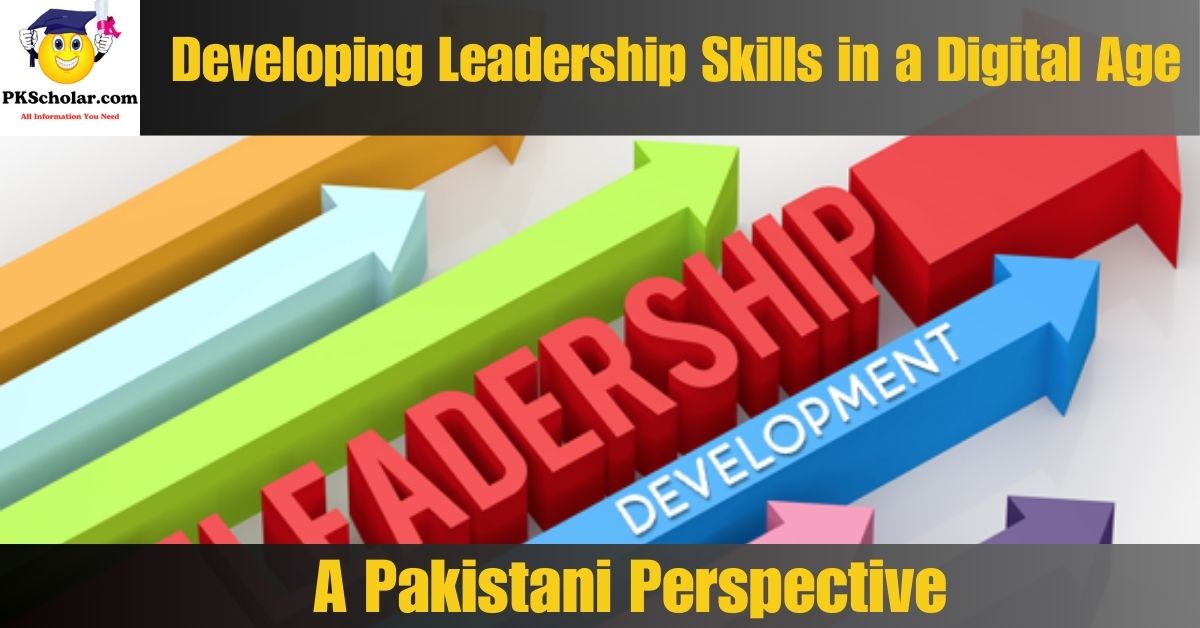In today’s rapidly evolving digital landscape, effective leadership has become more crucial than ever. As technology continues to reshape our world, leaders must have a unique blend of traditional skills. They must also have digital competencies to navigate challenges and drive success.
The Digital Transformation of Leadership
The digital age has introduced new expectations and demands for leaders. Gone are the days of top-down command-and-control structures. Instead, leaders must foster collaboration, innovation, and adaptability to thrive in a dynamic and interconnected environment.
Key trends shaping leadership in the digital age include:
- Remote work and virtual teams: Leaders must effectively manage and motivate teams that are geographically dispersed. They should leverage technology to keep strong connections and collaboration.
- Data-driven decision-making: The ability to analyze data and use insights to inform strategic decisions is essential for modern leaders.
- Digital literacy and technological fluency: Leaders must have a basic understanding of emerging technologies. They must understand their potential applications to stay relevant and competitive.
- Cybersecurity and risk management: As cyber threats become increasingly sophisticated, leaders must focus on data security. They must also develop strategies to mitigate risks.
Also Read: Empowering Pakistan’s Youth: A Look at the PMYSDP
Developing Essential Leadership Skills for the Digital Age
To meet the challenges of the digital era, leaders must cultivate a range of essential skills, including:
- Emotional intelligence: Understanding and managing emotions effectively is crucial for building strong relationships, resolving conflicts, and inspiring teams.
- Adaptability and resilience: The ability to embrace change is essential. Learning from setbacks and persevering in the face of adversity are also crucial for success in the digital age.
- Innovation and creativity: Leaders must foster a culture of innovation. They should encourage their teams to think creatively. Teams should also explore new possibilities.
- Communication and storytelling: Effective communication is essential for building trust, motivating teams, and inspiring others. The ability to tell compelling stories can help leaders connect with their audience on a deeper level.
- Ethical leadership: In a world where technology can be used for both good and evil, leaders must uphold ethical standards. They must ensure that their actions are aligned with their values.
Also Read: Most Demanding Technical Skills in Pakistan: A Guide to Career Success
Leadership Development in Pakistan: A Unique Perspective
Pakistan, with its rapidly growing technology sector and young, tech-savvy population, presents a unique opportunity for leadership development. By investing in training and development programs, Pakistani organizations can equip their leaders with the skills. These skills are needed to compete on a global stage.
Key considerations for leadership development in Pakistan include:
- Cultural context: Leadership styles and values vary across cultures. It’s important to consider the cultural nuances of Pakistan when developing leadership programs.
- Access to technology: Ensuring that leaders have access to the necessary tools and technology to develop their skills is essential.
- Collaboration with international partners: Collaborating with international organizations can offer valuable insights and best practices for leadership development.
Pakistani organizations can position themselves for long-term success by investing in leadership development. They can also do so by fostering a culture of innovation and adaptability in the digital age.
